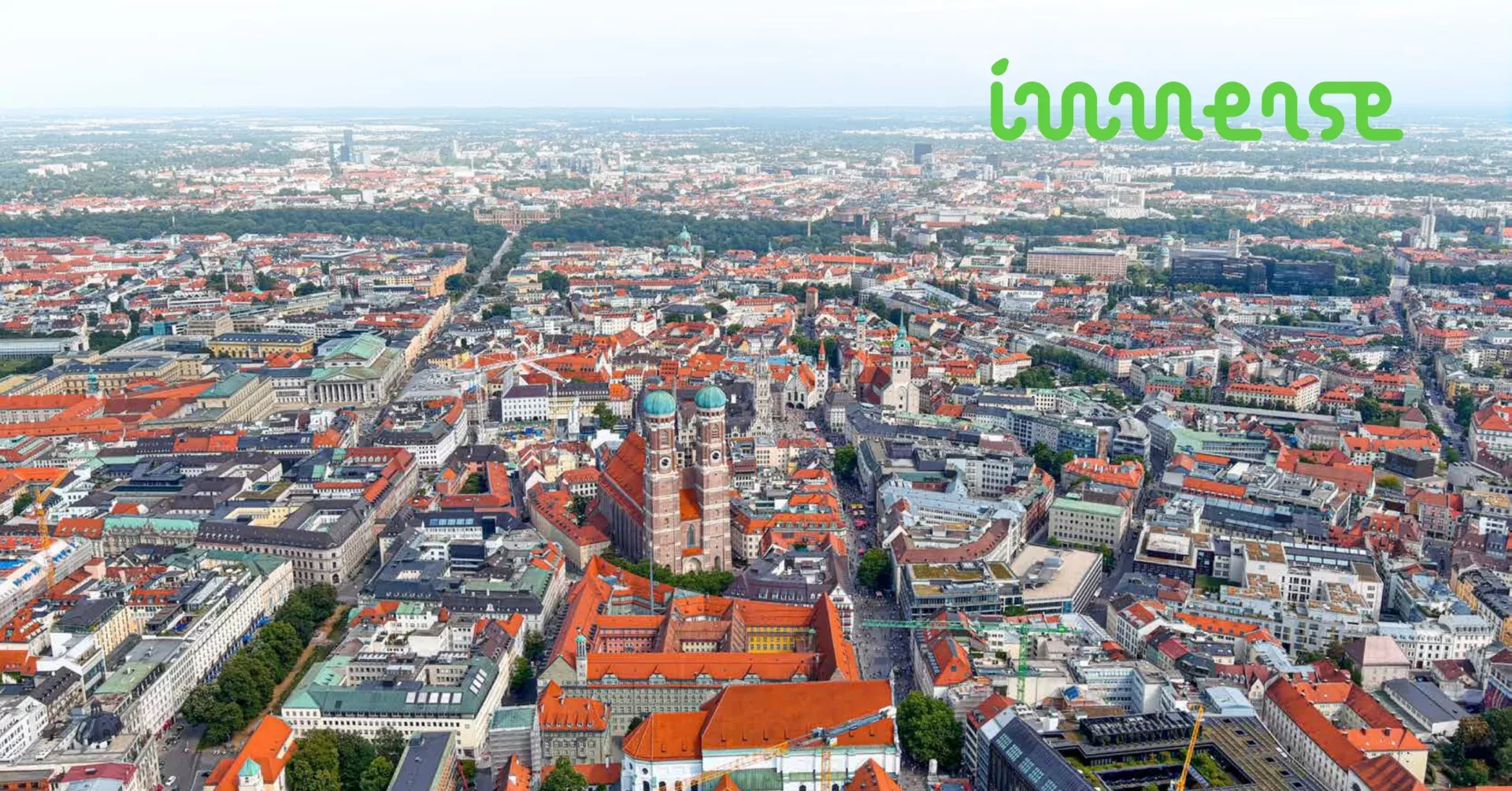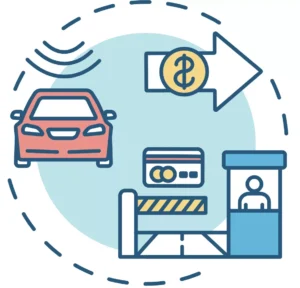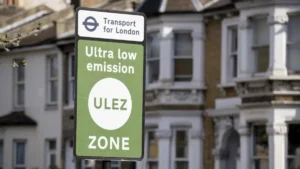Smart mobility solutions provider Abertis Mobility Services has announced it is taking part in an innovative urban mobility project to develop a satellite distance-based fee (DBF) solution that will be tested in the Low Emission Zones of the cities of Munich and Barcelona.
The programme, which is financed by EIT Urban Mobility, an initiative of the European Institute of Innovation and Technology, a body of the European Union and other partners, seeks to promote intelligent, connected mobility, and expand the sure of shared transport and active travel.
AMS will develop this product as an industrial partner of IMMENSE, a project that aims at defining innovation strategies in traffic demand management in cities to discourage and reduce the use of private vehicles and promote sustainable transport, with the aim to have more livable cities. Specifically, it is a Traffic Demand Management (TDM) scheme so that the cities involved in the pilot can simulate traffic strategies based on the information provided by the solution, together with an app that enables users to control their use of road infrastructures. The proposed solution, which will have a 2-month pilot phase and will involve around 1,000 citizens, will test a demand-driven pricing strategy, where users will be informed on the payment defined by a fixed fee to access the low emission zone, and a variable fee depending on the number of kilometers travelled, the level of usage and congestion at the time of access.
It says TDM schemes have a significant and positive impact on public life, reducing congestion and pollution, while promoting safety and improving air quality, the environment, and the health of inhabitants.
The project, which will involve the cities of Munich and Esplugues de Llobregat in Barcelona, will consist in the implementation of a simulated satellite DBF solution pilot in a city, covering the back-office management and the development of the app for the citizens. The company has experience in the implementation and operation of this type of schemes with the implementation of Road Usage Charging programs in the states of Washington, Utah, Oregon and Virginia in the United States through its subsidiary Emovis. This satellite tolling framework is a system that allows drivers to pay for the actual use of the road network, with an exact calculation of the distance driven.
(Picture – AMS/Immense)
























